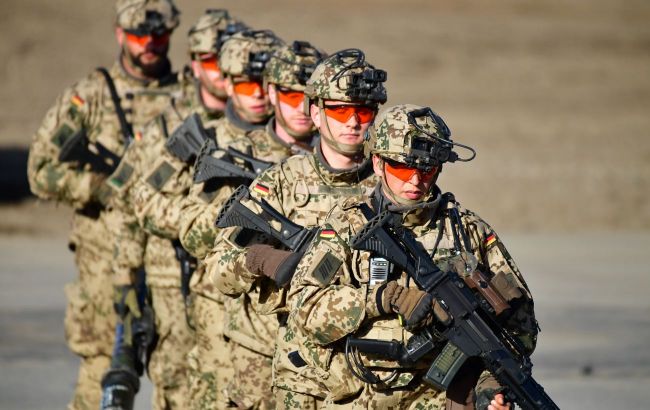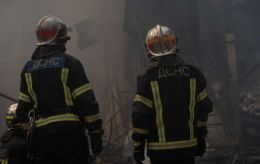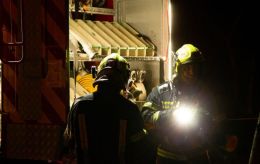NATO and Germany prepare winter defense strategy to help Ukraine
 NATO and Germany prepare a plan to support Ukraine ahead of Russia’s winter attacks (Illustrative photo: Getty Images)
NATO and Germany prepare a plan to support Ukraine ahead of Russia’s winter attacks (Illustrative photo: Getty Images)
The winter of 2025 could become a turning point in the war, and international support for Ukraine is reaching a new level. European allies are discussing ways to strengthen assistance so that the country can withstand Russian attacks and maintain the resilience of its energy system, according to a report by br.de.
German Foreign Minister Johann Wadephul stated that the coming months will be critical for Ukraine.
“This winter is decisive. Ukraine must remain capable of defending itself,” the CDU politician said following talks with NATO Secretary General Mark Rutte and other alliance representatives in Brussels.
European diplomats emphasize that the support goes beyond military aid and also includes backing Ukraine’s energy sector, which has become a primary target of Russian attacks.
Germany strengthens its role in supporting Ukraine
According to Wadephul, Germany recognizes its special responsibility in coordinating partner efforts. He reminded that the so-called Coalition of the Willing agreed on Friday to mobilize all resources so that Ukraine can endure this winter. The minister stressed: “Ukraine can count on Germany at any time.”
This statement comes amid a new wave of massive Russian attacks on critical infrastructure aimed at undermining Ukraine’s energy system ahead of the cold season. Berlin and NATO partners are seeking to prevent enemy strikes from weakening the country’s defense capabilities or threatening the civilian energy supply.
Focus on Ukraine’s resilience
German diplomacy emphasizes that stable energy supplies this winter will be not only a humanitarian concern but also a strategic factor. Ukraine’s ability to withstand energy blackmail will influence the overall course of the war and the unity of Western allies.
Vladimir Putin signed a decree terminating the agreement between Russia and the US on the joint disposal of 34 tons of weapons-grade plutonium, raising international concerns about the future of global nuclear security.
Meanwhile, Russia is launching so-called lessons of the past, in which schoolchildren will be taught following the model of World War II. Experts view this as part of a strategy to militarize education and shape children’s perception of war as normal.

